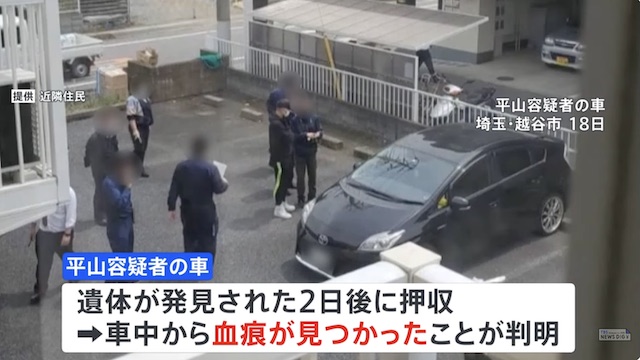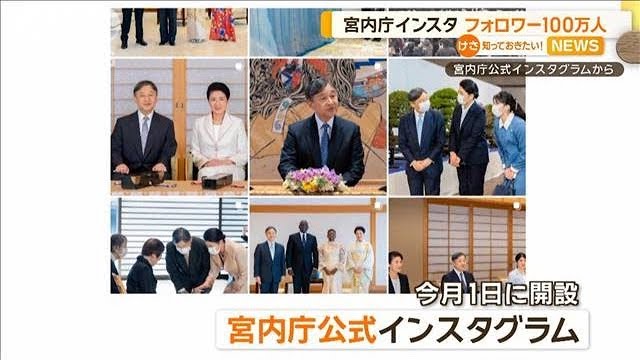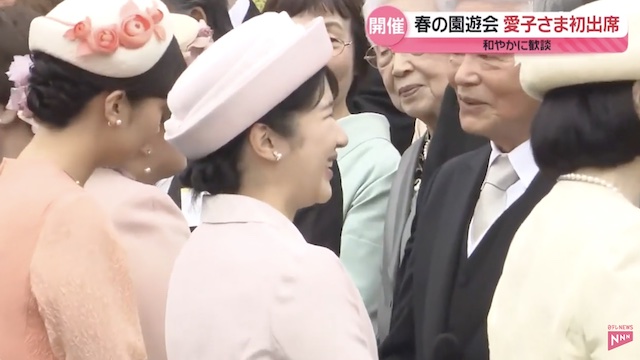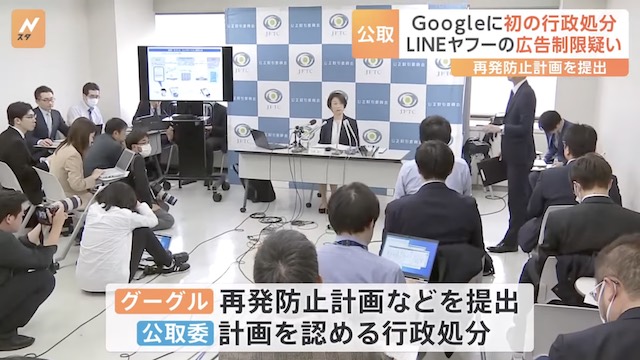Jul 21 (taipeitimes.com) - When Tokyo last hosted the Olympics, in 1964, the unveiling of a bullet train capable of the improbable speed of 210 kilometers an hour heralded the dawn of a high-tech era in Japan.
Within a decade and a half, innovations such as Sony’s videocassette recorder, Toshiba’s flash memory and Space Invaders, the arcade shoot-em up that revolutionized the gaming industry, made Japan synonymous with global technological superiority, and the talk was of it overtaking the US as the world’s biggest economy.
Today, it seems like another age.
Like all the world’s most advanced nations, Japan’s technological shortcomings were exposed by the pandemic. Its recognition in Washington belies a decline in technological influence for a variety of reasons, political, economic and cultural.
Take semiconductors, the present government focus: In 1990, Japan held some 50 percent of the global chip market; now it’s 6 percent, according to IC Insights. An analysis of scientific papers submitted to the main semiconductor conferences conducted by the Berlin-based think tank Stiftung Neue Verantwortung shows a precipitous decline in Japanese contributions over the past 25 years, to the extent that China overtook it last year.
“Diminishing market shares seem to go hand-in-hand with decreasing R&D power,” SNV researchers Jan-Peter Kleinhans and Julia Hess write in their report, “Who is developing the chips of the future?”
In a devastating presentation to the lower house Science and Technology Committee last month, independent consultant Takashi Yunogami laid bare Japan’s failings. Japan used to manufacture memory for mainframe computers, where clients demanded high quality and a 25-year guarantee. But come the rise of personal computers, Japanese industry failed to respond, leaving Samsung to offer PC memory with a three-year guarantee at a fraction of the cost. In an increasingly disposable digital age, Japan suffered a “high quality disease.”
The industry’s troubles were compounded by a government response that favored the creation of domestic champions over foreign collaboration. In 1999, Tokyo encouraged the merger of Hitachi and NEC’s memory businesses under the name Elpida, the Greek for “hope.” In 2012 it filed for bankruptcy with liabilities of US$5.5 billion, a victim of plunging prices. It was bought by Micron Technologies of the US.
Like the other officials, however, he saw a ray of hope in terms of Japan’s share of the global market for chip equipment and raw materials, which translates into thousands of small companies making things like wafers and specialized liquids. The government’s best chance is to focus on those few successes and “make the strong stronger,” he said.
Government intervention in the chip industry helped build its dominance in the first place. Ye talk of government help today is poison to some in business, illustrating Suga’s difficulties in securing the support for a technological revival.









